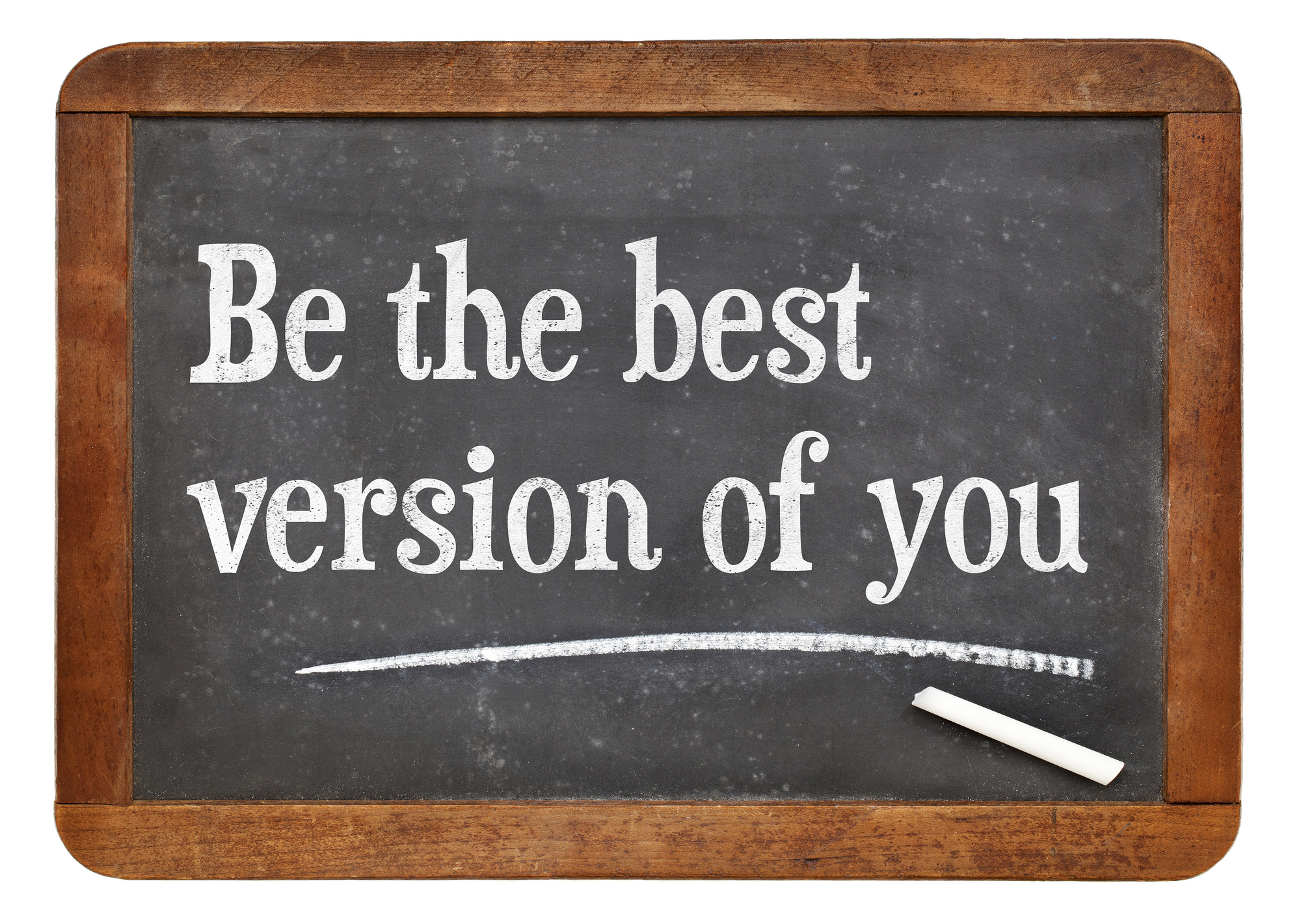A Guide to Self-Improvement in the Workplace
Are you looking for a little more work/life balance? Do you have things you’ve been meaning to improve about yourself, but keep pushing back because of professional responsibilities?
If so, you need this guide! Not everyone knows how to bring self-improvement into the workplace, but, it’s something everyone should do. When you make the conscious effort to work on yourself, everything in your life changes.
Learning how to encourage your best self is something that usually begins at home. But, when you discover how to bring healthier, more mindful habits into work, the results significantly improve.
Keep reading for a closer look at how this happens.
Give Your Body What It Needs
Most employees are either sitting or standing for extensive hours of the day, at least five days a week. They tend to hunch over, experience some sort of back pain, or just get groggy from being in the same position for so long every day.
Thankfully, there are a few simple self-improvement tricks to offset the negative toll of these habits.
Fix Your Sleep Schedule
First things first, if you aren’t getting a healthy amount of sleep every night, make this a priority. The average adult should be sleeping around 7-8 hours.
If you’re anywhere below this, chances are, it’s showing at work. You probably feel tired throughout the day or hit a wall of full-on fatigue sometime in the morning or afternoon.
Keep this from happening at work by fixing how well you sleep at home.
Transform Your Mornings
Once you’ve gotten your sleep schedule taken care of, it’s time to make the most of your mornings. This goes for the time you spend getting ready to head to work, and what you do when you get there, too.
No one can figure out your best morning routine but you. A few things to consider doing when you wake up, though, include:
- workout
- meditate
- read or journal
- spend time with others in your household
Try to take on one thing at a time. If you’re feeling adventurous, dive in and add two or three of these items to your morning routine.
When your at-home routine is wrapped up and you make it to work, find your best way to plug in. Show up a little earlier than the day actually starts to get settled and focused.
Fuel Yourself Properly
Don’t forget to make a big breakfast!
As much as a strong morning routine wakes up your mind and body, you need something to keep you going throughout the day. In fact, a good, healthy breakfast alone won’t do.
You need to eat a healthy lunch and bring energizing snacks, too. This may sound like a lot of cooking and planning, but it’s actually one of the more attainable self-improvement tips in the guide!
Simply focus on making good food choices. Packing your lunch helps you do that, but there’s bound to be plenty of healthy options.
Always opt for the good stuff when you can. You’ll be surprised the kind of changes to your productivity and focus this creates.
Rest Your Mind
Say you get a great night’s sleep, have an awesome breakfast, and have a full lunch packed. What happens when it’s only 10:30 AM and your mind starts to wander, or feel overwhelmed?
You’ve got to relax.
Here are three ways to clear your mind while on the clock.
Remember to Stretch
If you have a lot of work to get through and have to stay at your desk, at least take a moment to stretch. You can do something as simple as lifting your arms up behind your head and fixing your posture, while you read the next email in your inbox.
Maybe roll your neck from side to side or stand up for a second and shake out your legs. These are simple movements that won’t disrupt your workflow.
But, they’ll make a big difference in how you feel and take on the rest of the day.
Take a Walk
For those who do have a few minutes to spare, a short walk is the best thing to clear the mind. Take a lap around the office and check in on your teammates.
Feel like that might disrupt someone? Go outside and stroll the sidewalk.
This isn’t something that should take away a big chunk of time. Just take five to ten minutes to clear your head then get back to work. If you like the thought of getting outside to focus on your self-improvement efforts, take a long walk during your lunchtime.
Invest in Your Team
Sometimes, self-improvement is not all about you – it’s about you and your team.
Think about the relationships you’ve built within your department and around the office. Could they be better? Chances are, they can be.
Make yourself and everyone around you better with these tactics.
Work on Your Communication Skills
The more you take good care of yourself, the more aware you become of how you greet the world around you. Be mindful of the way you communicate with your higher-ups, coworkers, and support personnel.
Talk to them genuinely, offering compassion and respect. Try to put yourself in their shoes, even when you’re dealing with confrontation or giving constructive criticism.
This all stems from having a higher sense of awareness. A lot of the times, good communication requires stronger patience and empathy – which are always available to you no matter who you’re speaking with.
Take on New Projects and Responsibilities
As your team starts to communicate better, you may find new opportunities on the horizon. Make an effort to be actively engaged in new initiatives.
This might mean working longer hours or shifting some of your other professional priorities around. But, in the long run, the work pays off. Such effort may result in the recognition you’ve been seeking, or the chance to bring up that raise you’ve been thinking about.
Not to mention, once you’re rooted in your self-improvement habits, taking on more work becomes easier.
Self Improvement for Your Life and Career
In and out of work, life is about progress. Self-improvement helps you achieve the growth you’re looking for in ways you can’t even imagine yet. This goes for your career, your social life, and more.
Specific to the office, self-improvement is all about balance. Find the things that work for your mind and body, then make them a part of your daily work routine. Combined with better internal relationships, there’s no limit to what such efforts can do.
For more on how life outside of work and being at work go together, click here.



